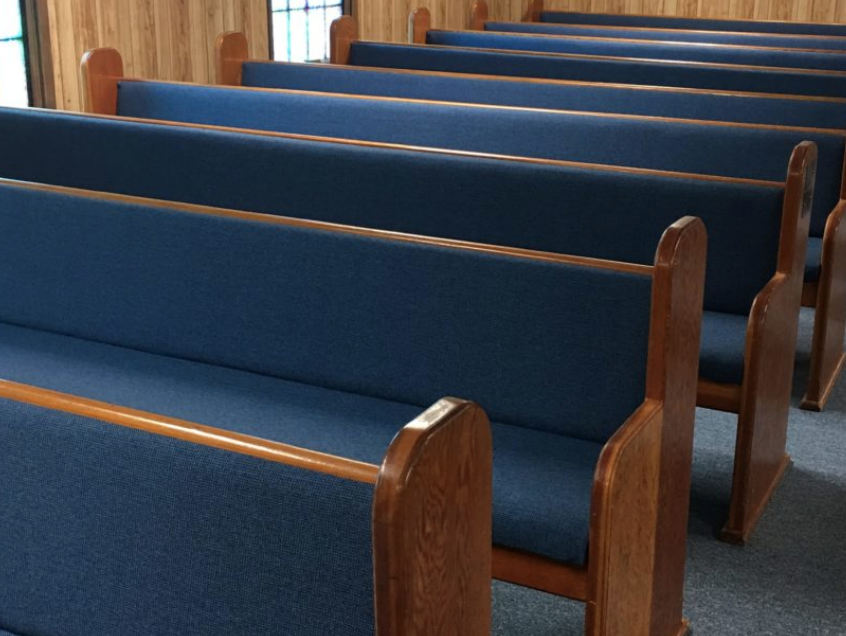America is so divided that 50% of "strong liberals" say they would fire business executives who donate money to reelect President Donald Trump.
Then again, 36% of "strong conservatives" would fire executives who donate to Democrat Joe Biden's campaign.
This venom has side effects. Thus, 62% of Americans say they fear discussing their political beliefs with others, according to a national poll by the Cato Institute and the global research firm YouGov. A third of those polled thought their convictions could cost them jobs.
That's the context for the efforts of Cornel West of Harvard University and Princeton's Robert George to defend tolerant, constructive debates in the public square. West is a black Baptist liberal and George is a white Catholic conservative.
"We need the honesty and courage not to compromise our beliefs or go silent on them out of a desire to be accepted, or out of fear of being ostracized, excluded or canceled," they wrote, in a recent Boston Globe commentary.
"We need the honesty and courage to recognize and acknowledge that there are reasonable people of good will who do not share even some of our deepest, most cherished beliefs. … We need the honesty and courage to treat decent and honest people with whom we disagree -- even on the most consequential questions -- as partners in truth-seeking and fellow citizens, … not as enemies to be destroyed. And we must always respect and protect their human rights and civil liberties."
They closed with an appeal to Trump and Biden, reminding them that "victories can be pyrrhic, destroying the very thing for which the combatants struggle. When that thing is our precious American experiment in ordered liberty and republican democracy, its destruction would be a tragedy beyond all human powers of reckoning."
It's distressing that this essay didn't inspire debates in social-media and the embattled opinion pages of American newspapers, noted Elizabeth Scalia, editor at large of Word on Fire, a Catholic apologetics ministry. After all, West and George are influential thinkers with clout inside the D.C. Beltway and they spoke out during a hurricane of anger and violence -- literal and verbal -- in American life.










